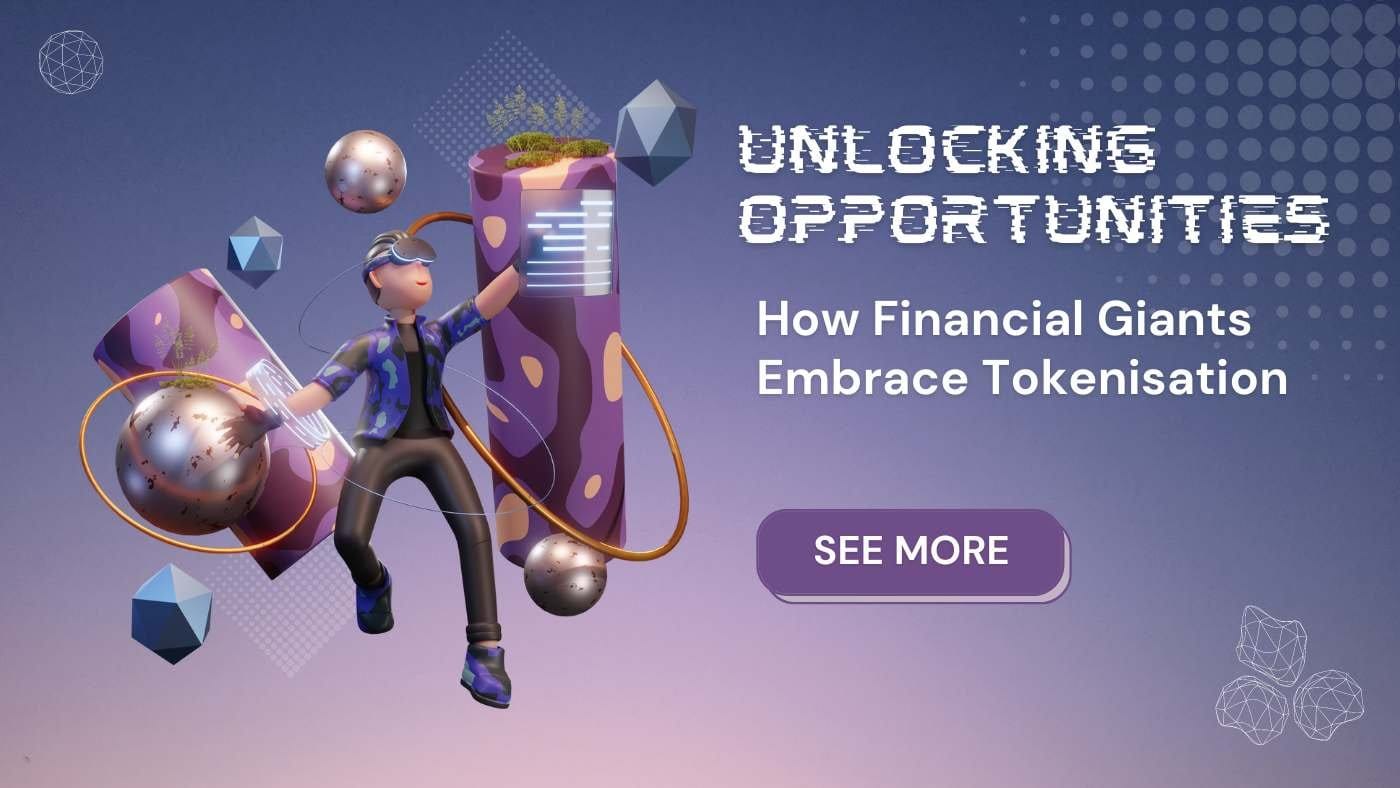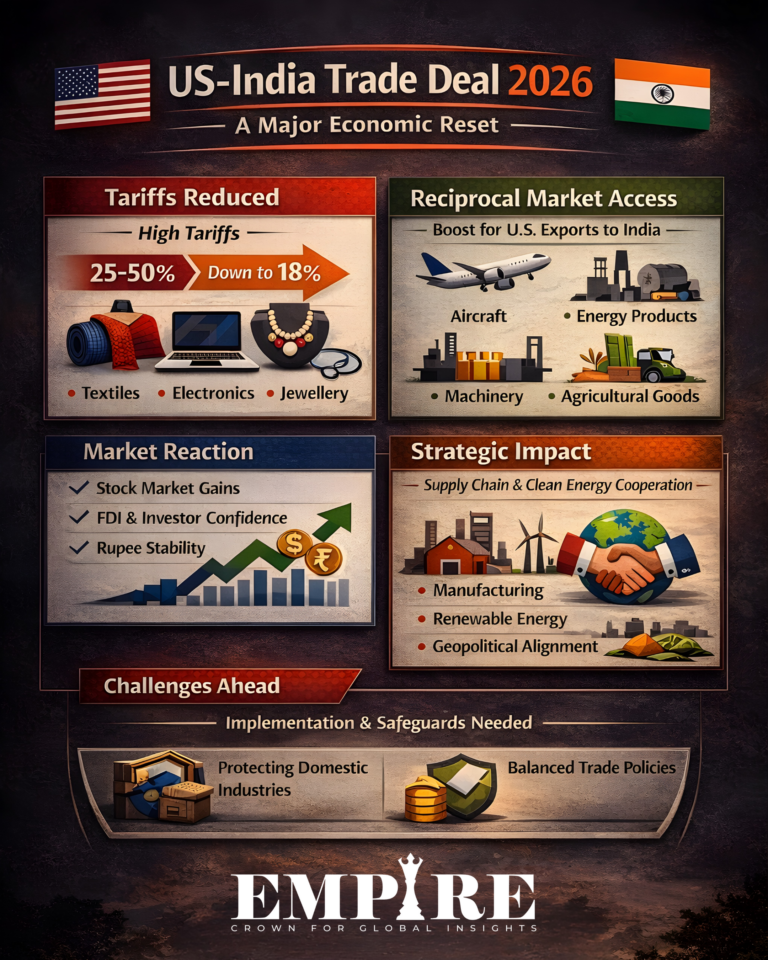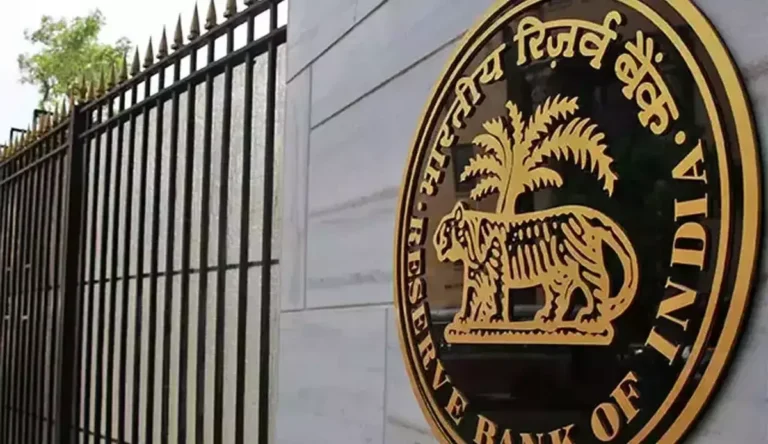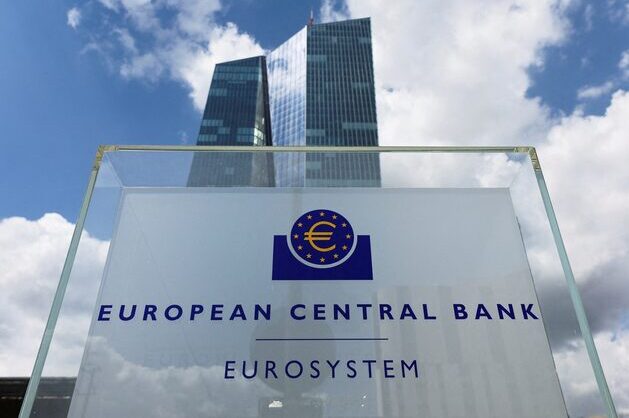Unlocking Opportunities: How Financial Giants Embrace Tokenisation

Tokenisation, a pivotal theme in the blockchain landscape of 2024, has garnered significant attention from financial titans like JPMorgan, Goldman Sachs, HSBC, and BlackRock. With a potential market worth of $14 trillion, these early adopters are strategically positioning themselves to capitalize on the transformative potential of tokenisation. Deloitte, in its recent report, outlines four key avenues through which these financial behemoths are navigating the tokenisation terrain, unveiling new possibilities and paving the way for innovation in the financial sector.
Tokenisation: A Gateway to the Future
Tokenisation, a process that links tangible assets with digital tokens on a blockchain, holds immense promise for revolutionizing financial transactions and asset management. While the full potential of tokenisation may take years to materialize, ongoing trials and regulatory advancements signal a promising trajectory for this groundbreaking technology. Deloitte’s report underscores the pivotal role of tokenisation in shaping the financial landscape of 2024, with industry leaders like BlackRock and Franklin Templeton spearheading initiatives in this space.
Exploring Near-Term Opportunities: Deloitte’s Insights
Deloitte identifies four compelling opportunities for early adopters to leverage tokenisation for value creation in the near term:
- Bond Issuance: Tokenised bonds offer enhanced transparency and expedited settlement times, paving the way for improved liquidity and accessibility in secondary markets. The European Investment Bank’s issuance of tokenised bonds serves as a notable example of this burgeoning trend.
- Intra-Day Repo Transactions: Asset-tokenisation platforms like Onyx facilitate seamless intraday repo transactions, exemplified by JPMorgan’s successful execution of $300 billion in transactions. Collaborations with entities like DBS Bank and Broadridge further underscore the transformative potential of tokenisation in short-term financing.
- Exchange-Traded Products: Tokenising exchange-traded funds (ETFs) streamlines settlement processes and enhances efficiency for issuers, fostering greater transparency and accessibility for traditional investors. With major ETF issuers like State Street exploring tokenisation, the ETF landscape stands poised for disruption.
- Commodities: Tokenisation enables the issuance of tokens representing ownership in physical assets like gold, with startups issuing over $1 billion in tokenised commodities. Initiatives like Santander Bank’s pilot program, collateralising loans with tokenised commodities, showcase the versatility of tokenisation across diverse asset classes.
Navigating Regulatory and Operational Challenges
While tokenisation holds immense promise, regulatory and operational hurdles abound. Clear guidelines for tokenised securities, compliance complexities across jurisdictions, and technological risks pose significant challenges for industry players. Moreover, market volatility, interoperability concerns, and strategic shifts in business models necessitate careful navigation and robust risk management strategies.
Embracing the Future of Finance
In conclusion, the journey towards widespread adoption of tokenisation heralds a new era of innovation and efficiency in the financial sector. With strategic foresight, collaborative efforts, and a commitment to regulatory compliance, financial giants are poised to unlock unprecedented opportunities and drive transformative change through tokenisation. As tokenisation continues to evolve, its potential to reshape financial transactions and asset management is boundless, offering a glimpse into a future where traditional barriers are transcended, and financial inclusion is democratized










